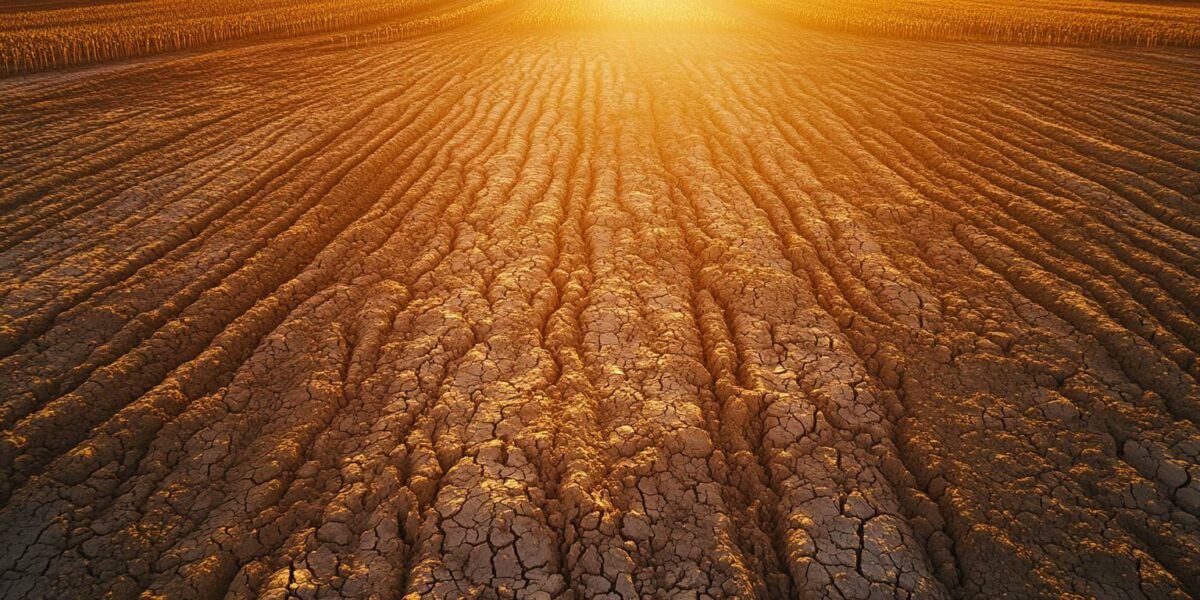The Escalating Costs of Climate Inaction
The overwhelming consensus is that climate change is intensifying, breaking heat records annually. In places like Sonoma County, this translates to dryer air, more wildfires, and skyrocketing insurance premiums. These added financial burdens cut into disposable income, making everyday life more expensive and less enjoyable.
A UCLA report from April 2020 warns that per capita consumption rates will decline within our lifetimes. This decline could result from either planned strategies or unforeseen consequences. The report emphasizes the necessity of adopting conservation living and focusing on population stabilization to mitigate these impacts.
We are all part of the problem as both consumers and polluters. Therefore, we must take responsibility by embracing sustainable practices. The future hinges on our willingness to make environmentally conscious choices today.
As the situation worsens, the urgency to act becomes more pressing. The longer we delay, the higher the costs, both financially and ecologically, that we will have to bear.
Impact on Local Agriculture
Measure J poses a significant threat to Sonoma County’s diverse animal agriculture, which has set national standards for organic and eco-friendly practices. The measure endangers local producers, potentially undermining the economic backbone of the community.
Agriculture in Sonoma County is not just about local food production; it is a model for sustainable farming. Local entities like organic dairies are at risk, jeopardizing the sustainability and diversity of our food supply.
Consider the implications:
- Loss of local organic products
- Economic downturn for farmers
- Increased reliance on less sustainable food sources
Supporting local farmers by voting against Measure J is crucial. Their survival is vital for maintaining both the local economy and the standards of sustainable agriculture.
The Wider Political Landscape
The political discourse around climate change is deeply divided. Some politicians argue against regulatory measures, citing economic concerns, while ignoring the long-term ecological and financial costs of inaction.
Media commentary often highlights the imbalance in political debates, with some moderators accused of giving more time to certain candidates. This allows misinformation to spread unchecked, further polarizing public opinion on climate issues.
Recent debates have shown that some leaders prefer to focus on short-term gains rather than addressing the pressing issue of climate change. This lack of commitment is detrimental to future generations who will bear the brunt of today’s inaction and neglect.
It’s imperative that voters remain informed and critical of the information presented to them. Only through informed decision-making can we hope to elect leaders who prioritize long-term sustainability over short-term political gains.
Community and Individual Responsibility
Individuals and communities also play a crucial role in combating climate change. Grassroots movements and local initiatives can drive significant change, even in the absence of strong political action.
Effective interventions include adequately funded and resourced programs like assertive community treatment and supportive housing. These initiatives help individuals lead better lives and make sustainable choices.
Locking people up for short-term solutions is not the answer. Instead, we need to focus on creating more housing and community behavioral health programs to address the root causes of issues like homelessness and climate impact.
By fostering a culture of sustainability and responsibility, we can create a more resilient society. It’s up to each of us to take action and support the initiatives that will lead to a sustainable future.



OliveSymphony7
Farmers are literally on the front lines of climate change, and we’re just sitting here debating it. Let’s get moving!
joshuawhisper
Interesting read, but how can we balance economic concerns with the need for climate action?
EvanMoonshadow
This is a really important topic, but the typos in the second paragraph make it hard to take seriously. 😕
james_xanadu
Great article! But what can we, as everyday people, actually do to help farmers and fight climate change?
Wesley_Legend
Can’t believe some politicians still ignore this issue. What’s it going to take for them to wake up?
ellienebula
Are there any examples of successful grassroots movements that have made a significant impact on climate policies?
jane_citadel8
Wow, never thought about how climate change could hit our food supply so hard. Thanks for the eye-opener!